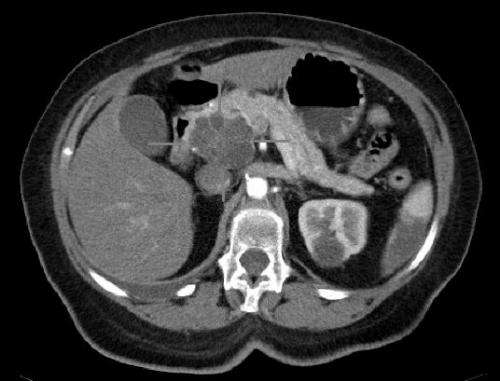The Role of Continuous Support in Maintaining Weight Loss Post-Diet

Ongoing support plays a vital role in helping individuals maintain weight loss over time. A recent study finds that regular contact is effective, and personalized schedules may not offer additional benefits. Learn more about long-term obesity management strategies.
Maintaining weight loss after a dieting program can be challenging, but recent research indicates that ongoing support plays a crucial role in long-term success. A study led by Kathryn M. Ross, Ph.D., from Advocate Aurora Research Institute and Wake Forest University School of Medicine, examined how different support approaches impact weight maintenance over time. The study involved 255 adults with obesity who had lost at least 5% of their initial weight during a 16-week program. All participants received monthly phone calls from health coaches, but they were divided into two groups: one received support on a fixed monthly schedule, and the other received support triggered by an algorithm that identified high risk of weight regain.
After 20 months, both groups successfully maintained an average of 8% weight loss from their starting weight, with approximately 60% of participants sustaining at least a 5% weight loss. Interestingly, offering extra support only when individuals were at greater risk of regaining weight did not provide additional benefits compared to standard monthly calls.
The study suggests that regular, ongoing contact is beneficial for long-term weight management. It highlights the importance of a chronic disease management approach to obesity, similar to how other long-term health conditions are addressed. Participants used smartphone apps and digital scales to monitor their progress, with trained health coaches providing support throughout.
While the personalized, adaptive support schedule did not outperform the regular monthly calls, the research underscores that consistent support can significantly help individuals maintain weight loss. The team is exploring ways to improve predictive algorithms for weight regain, aiming to personalize support better in future studies.
This research emphasizes that long-term engagement and support are essential components of effective obesity management and encourages health programs to incorporate sustained support systems for individuals overcoming obesity.
For further details, visit source.
Stay Updated with Mia's Feed
Get the latest health & wellness insights delivered straight to your inbox.
Related Articles
Gut Microbiota-Derived Palmitic Acid Connects High-Fat Diets to Increased Blood Clot Risk
New research links gut microbiota-produced palmitic acid from high-fat diets to increased blood clot risk, highlighting potential dietary interventions for cardiovascular disease prevention.
Elevated Protein and Tryptophan Intake May Increase Risk of Cancer-Related Blood Clots
High-protein and tryptophan-rich diets may elevate the risk of blood clots in cancer patients, emphasizing the importance of dietary management in oncology care. New research suggests a link between amino acid metabolism and thrombosis risk.
Harnessing Gut Bacteria for Early Detection of Pancreatic Cancer
Emerging research reveals that analyzing gut bacteria from stool samples offers a promising, non-invasive method for early detection of pancreatic cancer, potentially saving lives through timely diagnosis.
Air Pollution Linked to Increased Risk of Developing Epilepsy
New research links long-term exposure to air pollution with a higher risk of developing epilepsy in adults, emphasizing the importance of environmental health policies for neurological disease prevention.



